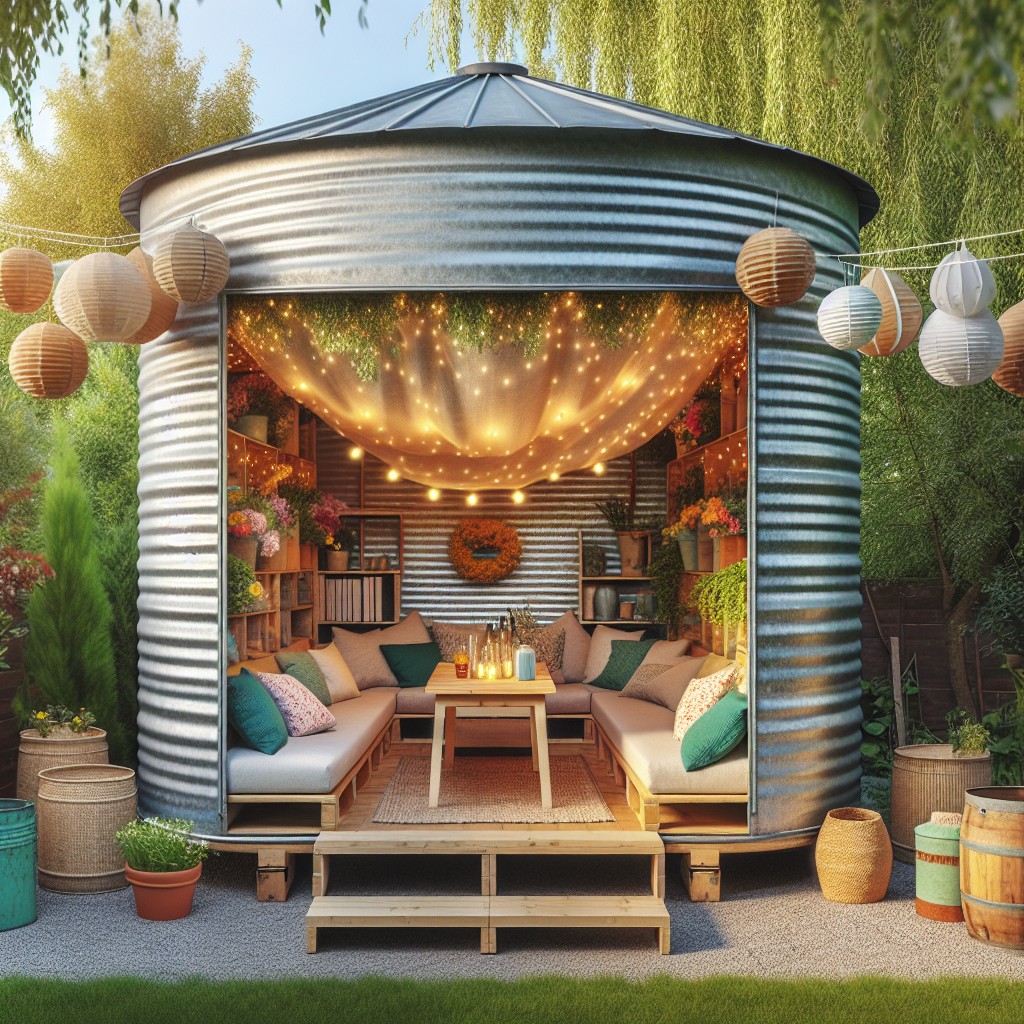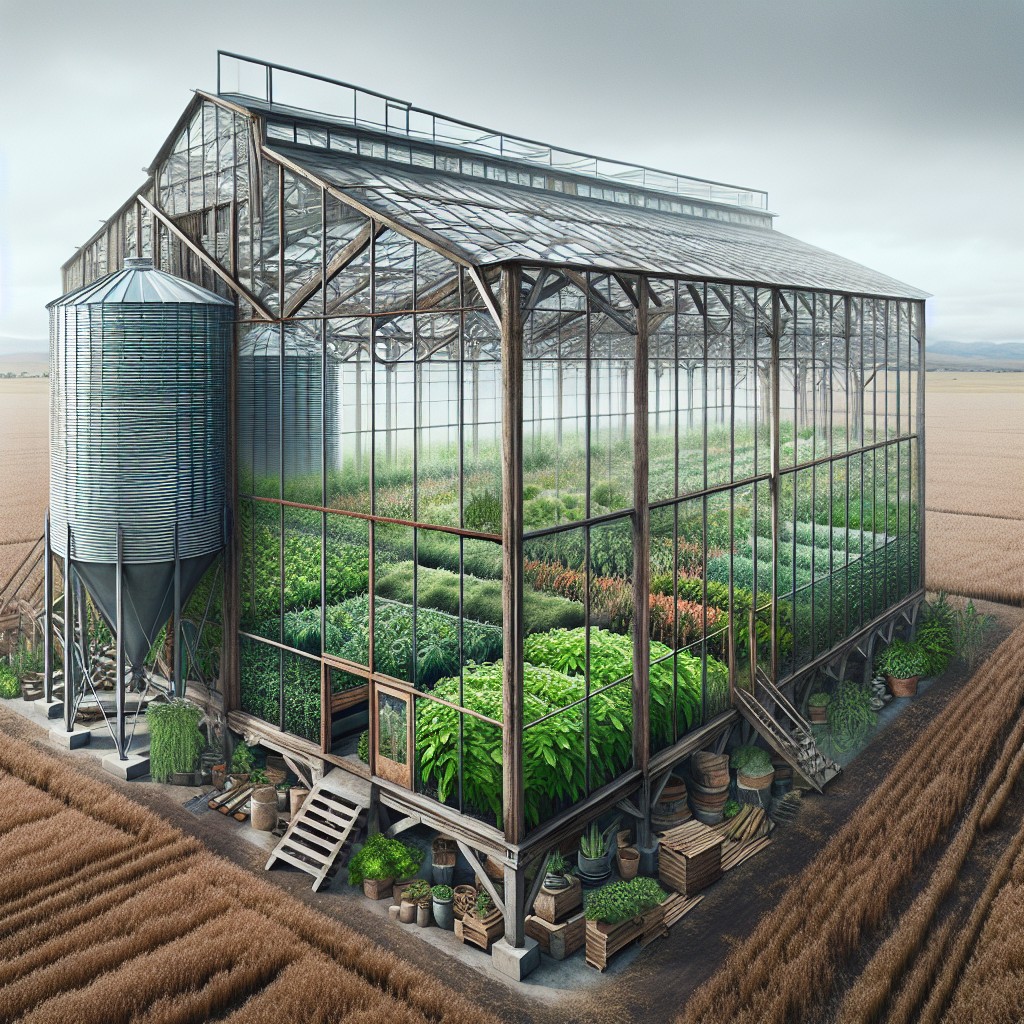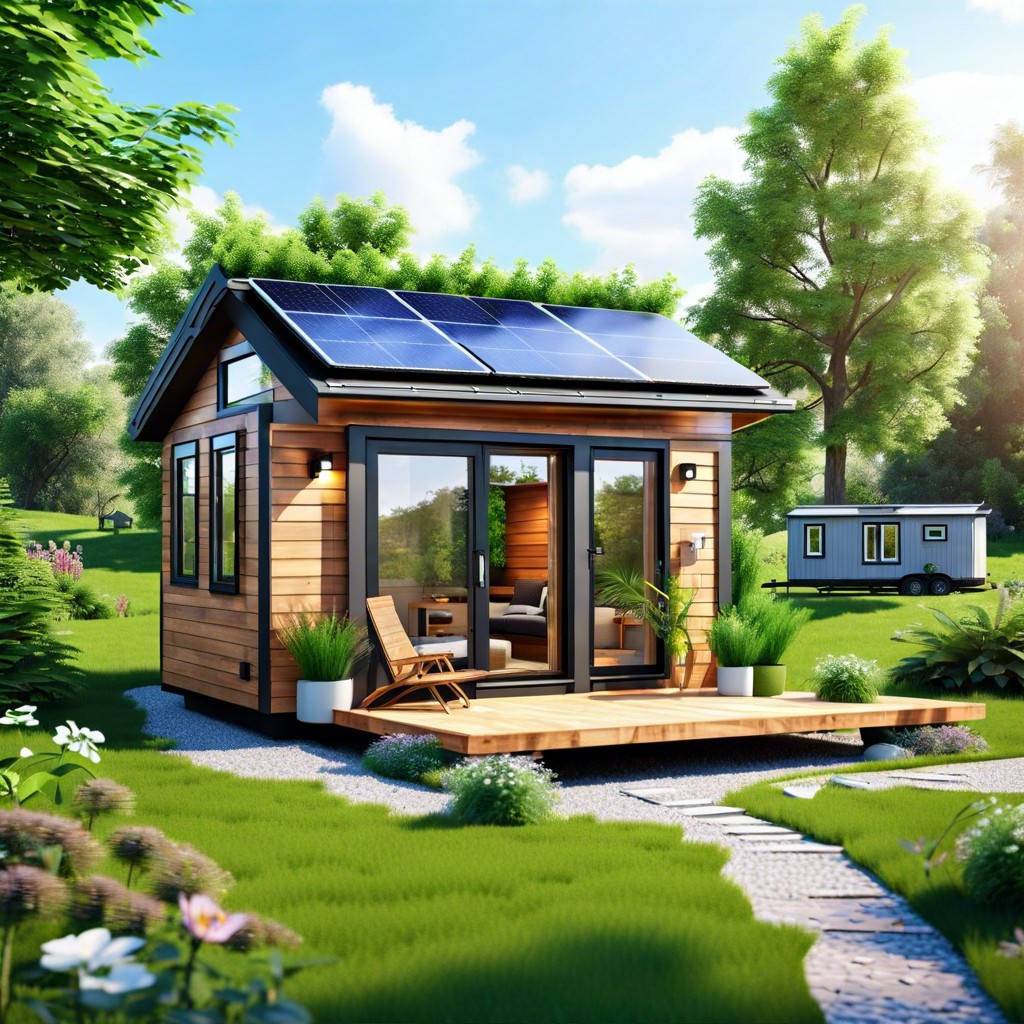Last updated on
Welcome to our guide on how to keep your garden green and clean! In today’s world, where climate change is a growing concern, it’s important for us to do our part in preserving the environment. And what better way to contribute than by maintaining a sustainable garden at home?
Sustainable gardening is all about creating and maintaining a garden that supports the health of not only your plants but also the ecosystem as a whole. It involves making conscious choices to reduce waste, conserve resources, and promote biodiversity.
In this guide, we’ll cover everything from choosing eco-friendly materials for your garden to properly managing waste and garbage. So let’s get started on our journey towards a greener and cleaner garden. Keep on reading to learn more!
Choosing Eco-friendly Materials for Your Garden
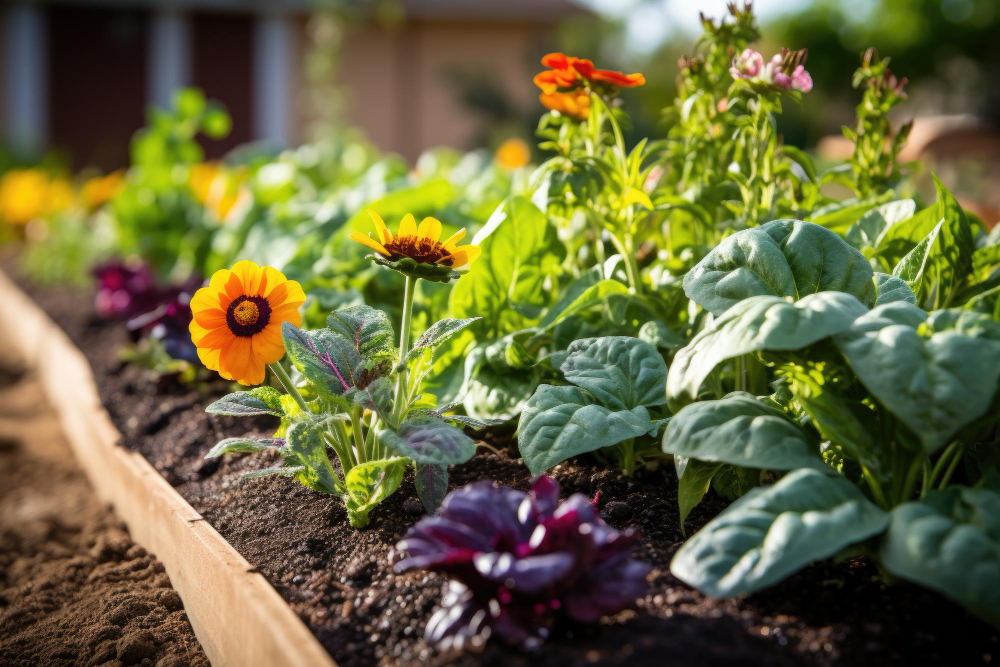
When creating your garden, it’s important to consider the materials you use. This includes everything from fertilizers and pesticides to tools and decorations. Opt for organic and natural options whenever possible, as these are better for both your plants and the environment.
For example, instead of using chemical pesticides, try natural methods such as companion planting or introducing beneficial insects. Plus, consider using sustainable materials like bamboo for garden structures and decorations. For example, a Patiowell plastic shed is recyclable and environment-friendly.
Implementing Sustainable Water Practices
Water is a precious resource, so it’s important to use it wisely in the garden. One way to do this is by collecting rainwater and using it to water your plants. This not only conserves water but also reduces your utility bills.
Another way to reduce water usage is by installing drip irrigation systems, which deliver water directly to the plant’s roots and minimize evaporation. When watering your garden, make sure to do so in the early morning or evening when temperatures are cooler and there’s less chance of water evaporating.
Promoting Biodiversity through Plant Selection
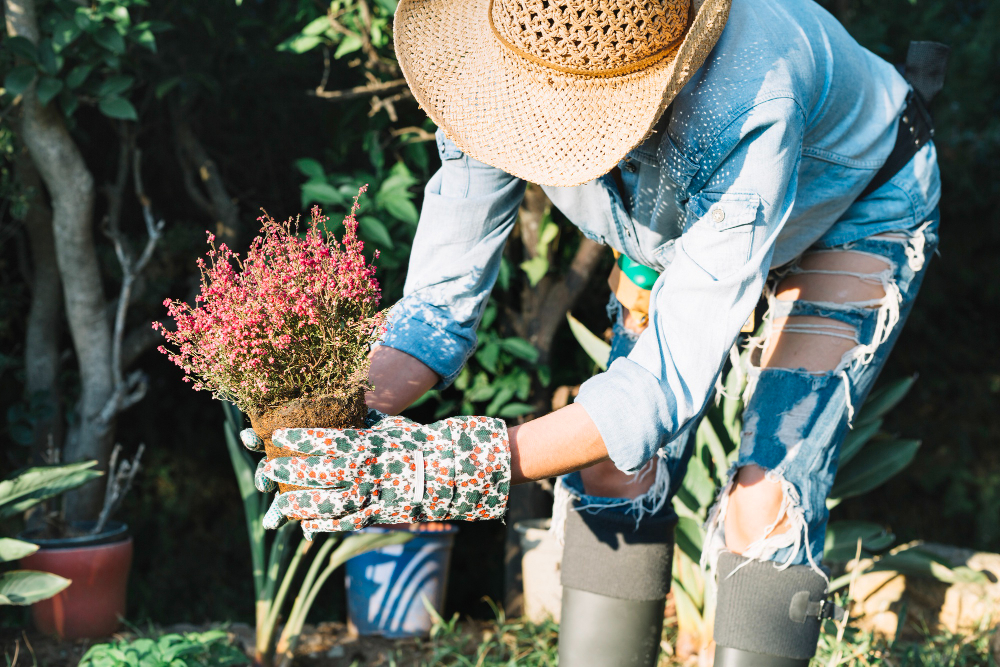
A sustainable garden is a diverse one. By choosing a variety of plants, you can create a habitat that supports different species of pollinators and beneficial insects.
This not only helps control pests naturally but also promotes biodiversity in your garden. Avoid using invasive plant species and opt for native plants instead, as they are better adapted to the local climate and require less maintenance.
Composting: Turning Waste into Nutrient-rich Soil
Composting is a great way to reduce waste in your garden and create nutrient-rich soil for your plants. Instead of throwing away kitchen scraps and yard waste, turn them into compost by adding them to a designated compost bin or pile.
This can then be used as a natural fertilizer for your garden. Remember to avoid composting meat, dairy, or oily food waste, as these can attract pests.
Reducing Plastic Usage in the Garden
Plastic is a major contributor to environmental pollution and takes hundreds of years to decompose. In the garden, plastic usage can be reduced by choosing biodegradable alternatives such as bamboo or paper pots for planting, using natural jute or twine for tying plants, and avoiding plastic mulch. Additionally, consider repurposing items like old containers or jars for storing tools or collecting rainwater.
Using Natural Pest Control Methods
Chemical pesticides not only harm pests but also beneficial insects and the environment. Instead, try using natural pest control methods such as introducing ladybugs to eat aphids, using neem oil for fungal and insect infestations, or planting herbs like mint and basil to repel pests.
You can also create physical barriers like nets or row covers to protect your plants from insects. Not to mention, handpicking pests is always an eco-friendly option.
Properly Disposing of Garden Waste and Garbage
Proper waste management is crucial in maintaining a sustainable garden. Avoid burning any garden waste, as it releases harmful chemicals into the environment.
Also, keep in mind you can get help from the pros at wasteout.co.uk, and other similar websites. That way, you can ensure your garden waste and garbage are disposed of properly. Additionally, consider composting or recycling as alternative methods to reduce the amount of waste that ends up in landfills.
The Takeaway
Keeping your garden green and clean is not only beneficial for the environment but also for the health of your plants. Implementing sustainable gardening practices not only reduces your carbon footprint but also creates a thriving ecosystem in your own backyard.
Also, don’t be afraid to share your knowledge and educate others on the benefits of sustainable gardening. Together, we can create a greener and cleaner world, one garden at a time. Thank you for reading and good luck!
Related reading:
Table of Contents
